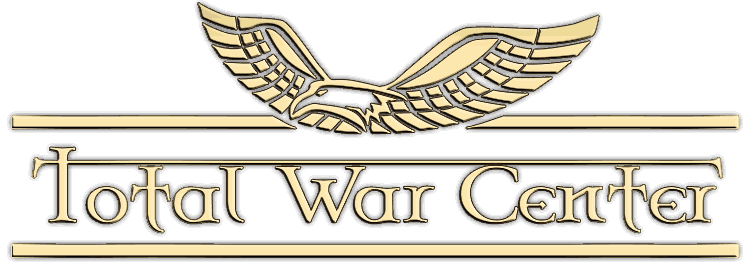I've seen some people mention that the campaign mechanics are improved; as a series veteran I'm slightly suspicious of this. I'd love to be wrong so I can rush out and buy it.
Some common things I've seen mentioned about the strategy level
1) Diplomacy: Is this really "improved"? I remember seeing settlements trading in RTW and marriages in M2TW (which were even affected by character traits of the princess and the general). So what's genuinely new and improved?
2) Towns: Are towns still generic with limited and formulaic building slots and population non existent?
3) Heroes: Does equipment actually change how they look visually or is it still the equivalent of an ancillary from M2TW? I thought of doing a mod in M2TW using the change_battle_model function where the family member had their equipment and look changed if they had specific ancillaries like a new Thracian helmet but never made a mod like that, since I don't have as much time as a developer.
Anything I'm missing? I was impressed they finally adopted the old Knights of Honor (one of my favourite games from 2004) mechanic of spies infiltrating a kingdom and doing nasty things but I'm not aware of anything new aside from that.










 Reply With Quote
Reply With Quote









